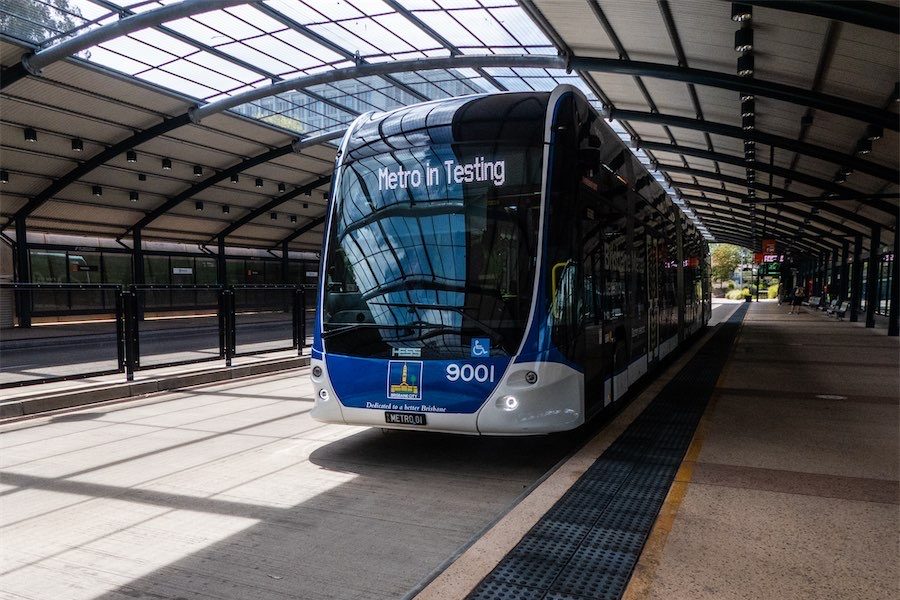ALLOWING global conglomerates to interfere with governments’ control over their own policies is simply an anathema to democracy. But it is happening.

Under the leadership of Trade Minister Andrew Robb, our government is rushing headlong to divest its own power and facilitate the rich getting richer.
In January, Oxfam delivered a report showing that more than 50 per cent of the world’s wealth will be in the hands of just 1 per cent of the population by 2016. Providing more power to global companies exacerbates this problem.
One of the main tools facilitating this transfer of power and wealth is international trade treaties. This is why so much fuss is raised over the secretive international trade treaties such as the Trans Pacific Partnership Agreement (TPPA).
The TPPA is the largest treaty of its kind ever attempted.
A few decades ago our international treaties were about trade. The idea of removing barriers to international trade to allow a reasonably free flow of goods seemed very sensible. Not only would it open markets for Australia but it would also mean that poorer countries were no longer locked out of the markets of developed countries allowing their economies to develop thus tackling inequities between countries.
In marked contrast, modern trade treaties facilitate inequities.
The main problem is the Investor State Dispute Mechanism (ISDS), the mechanism allowing foreign “investors” to sue governments for billions of dollars of compensation by arguing a change in law or policy has “harmed” their investments.
The main argument used in favour of the ISDS is that it protects the investments from arbitrary decision in developing countries with unpredictable political situations from undermining their business. Global companies save by not using the current process of spending money on investment insurance.
ISDS does not stand up to judicial scrutiny. Chief Justice French, of the High Court of Australia, told a conference in Darwin in July that “questions have been raised about the consistency, openness and impartiality of decisions made in ISDS arbitrations” and pointed out that the European Parliamentary Research Service had identified nine weaknesses in the system.
Some of the issues raised include: the system does not rely on precedent in the way that modern legal systems have developed; appointed arbitrators were paid by the hour with many having serious conflicts of interest; decisions are final with no appeal mechanism. Illustrative is the process being used by the government of Hong Kong to re-open the plain packaging of tobacco case attempting to overrule a decision of the Australian High Court against big tobacco.
The ISDS extends the current right of governments to sue each other to international companies (other than tobacco – where an exclusion is usually included).
In 2010 the Australian Productivity Commission recommended against the inclusion of ISDS in trade agreements on the grounds of “considerable policy and financial risks”.
Attempts to provide safeguards on the grounds of health, environment or safety have not worked. International precedents provide dire warnings explaining why countries such as Germany, France, Brazil, India, South Africa and Indonesia are reviewing their policies on ISDS.
Some disturbing examples include the French company Veolia suing the Egyptian government for increasing minimum wages as it might detract from investor profit, Eli Lilly suing the Canadian government over restricting a medicine on the grounds of more effective alternatives and the US gas mining company, Lone Pine, suing the Canadian province of Quebec over passing an environmental regulation.
To its great shame, our government has recently allowed inclusion of ISDS in trade agreements it has signed with South Korea and China. ISDS is included as part of the TPPA.
Toadying to international companies by trading off sovereign power of our electors at Federal, State and Territory level well beyond the term of the current government is a betrayal of trust.
Who can be trusted?
In a world of spin and confusion, there’s never been a more important time to support independent journalism in Canberra.
If you trust our work online and want to enforce the power of independent voices, I invite you to make a small contribution.
Every dollar of support is invested back into our journalism to help keep citynews.com.au strong and free.
Thank you,
Ian Meikle, editor





Leave a Reply